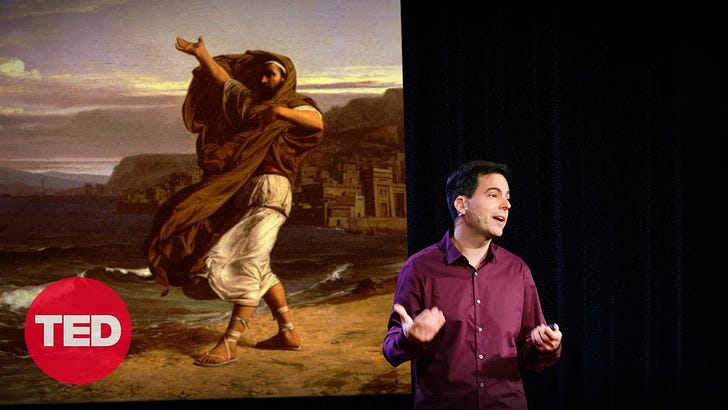HRHeadStart #89: Re-imagining Job Descriptions; Learning vs. Performance Zones
The Talent Agenda
Job Descriptions emerged in the late 19th and early 20th centuries with the rise of scientific management. As a school of thought, scientific management aimed to improve efficiency and productivity by breaking down work into standardized and measurable tasks. A key element was job analysis which involved identifying job tasks and responsibilities, leading to the creation of a job description to document the findings of the job analysis process.
Today, job descriptions are used for recruitment, role clarification, performance management and are a fundamental building block of many HR activities. But they can be pesky to maintain.Jobs are changing at a rapid pace. New technologies are creating demand for new skills. And more work is project-based. Rigid job descriptions can inhibit experimentation. Narrow ones fail to attract top talent.
This HBR article outlines a few ideas to approach job descriptions. It suggests a move to:
Outcome-based job descriptions: Instead of detailing tasks or duties, we can outlines the key outcomes that the jobholder should produce. This approach provides flexibility for the employee to determine the best way to achieve those results, fostering innovation and initiative and, importantly, allowing them to change their approach as conditions shift.
Skills-based job descriptions: In this approach, organizations can create dynamic documents with the skills and capabilities that employees must bring to the table or should develop. With this approach, the emphasis shifts from the tasks a person is supposed to complete to their talents and how those can be applied at work.
Team-based job descriptions: I shared about team-based performance management earlier. To bring that to life, we can consider team-based job descriptions outlining the collective objectives and outcomes of a group of people and empowering the team to determine the best way of accomplishing the work.
Working Better
We all want to get better at what we do in life. But, at times, we find that we are not improving despite hard work. In an interesting TED talk, Eduardo Briceño shares that we alternate between two zones - the learning zone and the performance zone. And we tend to spend more time in the performance zone because of high stakes, risk aversion and short-term orientation. Watch the video to get inspired about creating breakthroughs for yourself.
Tiny Thought
Detours and deviations from the norm are essential to progress.

